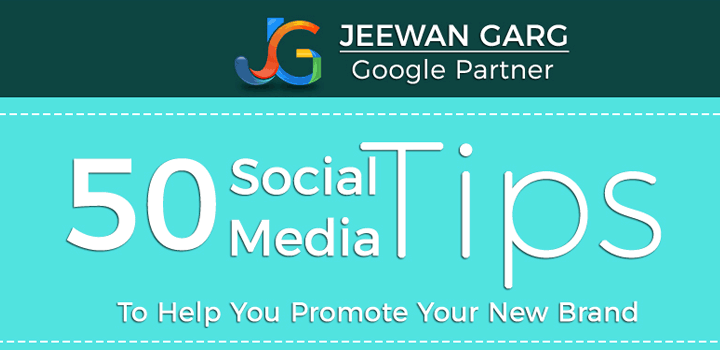
In today's digital age, where our lives are intertwined with the virtual world, maintaining privacy while surfing the web has become a paramount concern. Google Chrome, one of the most popular web browsers worldwide, has taken a significant step towards enhancing user privacy by introducing features that empower users to have more control over the ads they encounter. In this article, we'll delve into the benefits of the Enhanced Ad Privacy feature in Chrome, discuss any potential drawbacks, explore other related features, and understand how this advancement can impact SEO.
Google Chrome is taking steps to address this concern by enhancing ad privacy in the browser. This includes phasing out third-party cookies, which are a popular way for advertisers to track users across websites. Chrome is also developing new features that will make it more difficult for advertisers to track users.
Benefits of Enhanced Ad Privacy in Chrome
Personalized Experience, Privacy Intact: Enhanced Ad Privacy ensures that your online journey remains personalized without compromising your privacy. It enables Chrome to tailor ads based on your interests without accessing sensitive personal information.
User Empowerment: This feature puts the power back into the users' hands. You can now view and edit the ad preferences that Chrome uses to show you ads. This transparency fosters a sense of control over your online interactions.
Reduced Creepiness: Ad retargeting often raises concerns about how much advertisers know about us. With Enhanced Ad Privacy, Chrome limits the data advertisers can access, reducing the eerie feeling of being constantly monitored.
Improved Ad Quality: By allowing users to customize their ad preferences, the feature encourages advertisers to display more relevant and engaging content. This benefits both users and advertisers by promoting a more positive online advertising experience.
Aspects to Consider
While the Enhanced Ad Privacy feature offers several advantages, there are a few aspects to consider:
Learning Curve: Some users might find it challenging to navigate the new settings and options. Google should focus on creating an intuitive interface to ensure users can easily modify their ad preferences.
Impact on Small Businesses: Since this feature can potentially limit the data available for ad targeting, smaller businesses that rely heavily on targeted advertising might face difficulties reaching their desired audience.
Other Features
Google Chrome's commitment to user privacy goes beyond Enhanced Ad Privacy. The browser incorporates other features as well:
Third-Party Cookie Restrictions: Chrome is phasing out third-party cookies, which are often used to track users across the web. This further enhances user privacy by preventing cross-site tracking.
Site Isolation: This feature boosts security by isolating websites from each other, preventing one site from accessing another's data, enhancing privacy, and reducing the risk of data breaches.
Enhanced Ad Privacy in Chrome can have a positive impact on SEO
Quality Over Quantity: With users having more control over ad preferences, they are likely to engage more with ads that genuinely interest them. This could lead to higher click-through rates and better conversion rates, positively influencing SEO metrics.
Less Intrusive Ads: As ads become more relevant and less intrusive, users might develop a more favorable view of online ads in general. This shift in perception can indirectly benefit websites' bounce rates and session durations, which are SEO ranking factors.
Focus on Content Quality: As advertisers strive to create compelling, high-quality ads to attract users' preferences, the overall standard of online content is likely to improve. This aligns with Google's emphasis on valuable content as a crucial SEO factor.
Conclusion
The Enhanced Ad Privacy feature in Chrome marks a significant stride towards a more private and user-centric online experience. Its benefits are numerous, including personalized ad delivery, user empowerment, and improved ad quality. While challenges like a learning curve and potential impacts on small businesses exist, the overall advantages outweigh the drawbacks.
Furthermore, Chrome's broader commitment to privacy through measures like third-party cookie restrictions and site isolation will undoubtedly reshape the online landscape. From an SEO perspective, the potential for higher engagement, better user perceptions, and a renewed focus on content quality make this evolution in Chrome a positive step for both users and website owners. Embrace the change, for a more private and enjoyable online journey awaits.









